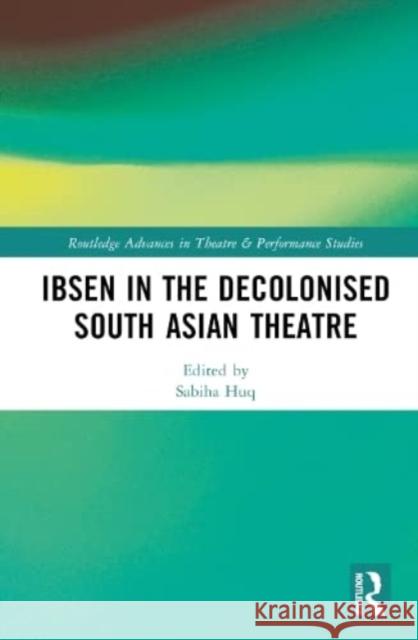Ibsen in the Decolonised South Asian Theatre » książka
topmenu
Ibsen in the Decolonised South Asian Theatre
ISBN-13: 9781032182063 / Twarda / 2023 / 312 str.
Ibsen in the Decolonised South Asian Theatre
ISBN-13: 9781032182063 / Twarda / 2023 / 312 str.
cena 759,15
(netto: 723,00 VAT: 5%)
Najniższa cena z 30 dni: 680,04
(netto: 723,00 VAT: 5%)
Najniższa cena z 30 dni: 680,04
Termin realizacji zamówienia:
ok. 22 dni roboczych.
ok. 22 dni roboczych.
Darmowa dostawa!
This book maps South Asian theatre productions that have contextualised Ibsen’s plays to underscore the emergent challenges of postcolonial nation formation.











